Mindfulness helps Hong Kong children overcome anxiety and school pressures through yoga and hiking
More than one in four Hong Kong students have considered harming themselves or committing suicide, a survey shows. Groups such as The Collective Journey are using alternative methods to improve children’s mental health
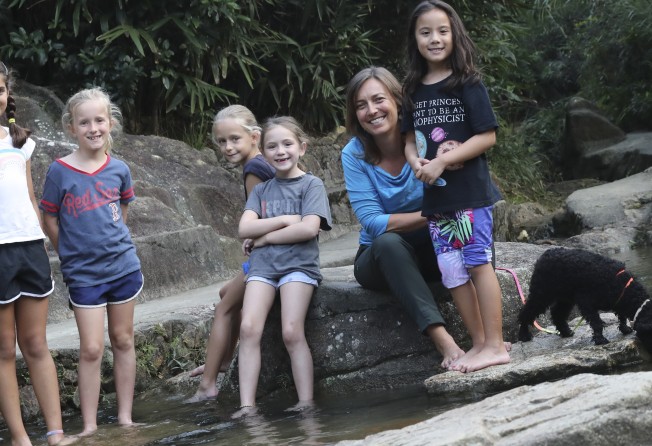
When 10-year-old Nadia (not her real name) came home from school and cried non-stop for three hours, declaring she hated herself and her life, her mother Alison Clarke (a pseudonym) knew it was time to get help.
Clarke had suffered from depression on and off since adolescence, so she worried that, if left unchecked, her daughter’s frequent emotional outbursts would lead her down the same path.
Knowing that Nadia would be more open to children’s group activity than one-to-one therapy, Clarke searched online for workshops that would equip her daughter with the techniques to cope with daily pressures. She discovered The Collective Journey, a Hong-Kong based platform that offers mentorship experiences for children and adolescents through connection and with compassion.
Programmes include Trail Tribe group hiking, Wellness Circle mentoring sessions, and yoga. The Trail Tribe, designed for girls aged six to 12 years old, seemed the obvious choice for her active daughter.
“My daughter loves hiking with the mentor Melissa and the girls. In an entirely natural setting, they open up about their friendship issues, academic pressures, and fears. One time, they wrote down their fears on paper, threw them into a campfire, watched them burn and let them go,” says the stay-at-home mother of four.
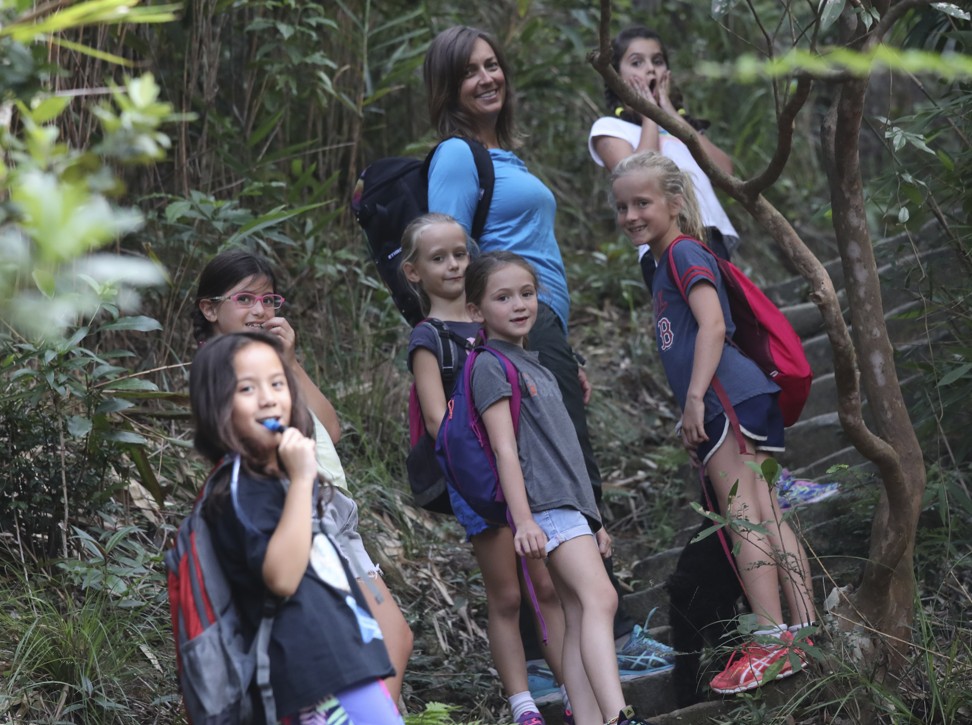
“Another time, my daughter came home with a folded-up piece of paper on which the other girls had written about her character and strengths. She reads it when she feels hurt by her school friends. She has fewer and milder emotional outbursts now and she’s sleeping better at night.”
Receiving mentorship in this way can bring inner strength, resilience and, most importantly, light to an otherwise dark day, says Melissa Shadforth, founder of The Collective Journey.
“In Hong Kong, children and adolescents experience such extreme pressure to succeed academically within a narrow definition of success – often from family – that they lose connection with their self, others and nature. They’re deprived of play, sleep and the space to simply be. I feel we’re now seeing the burden of this loss of childhood in the alarming increase in adolescent and adult suicides in Hong Kong,” Shadforth says.
Recent research findings support Shadforth’s theory. An alarming 27 per cent of Hong Kong students had considered harming themselves or committing suicide in the previous six months, according to a survey by the Paediatric Society and Paediatric Foundation, which interviewed 1,685 secondary school pupils in March 2016.
Some 62 per cent of students had experienced sadness and unexplained crying episodes, and 63 per cent had sleeping disorders.
Given the number of students facing mental illness and the lack of psychiatric and psychological services specifically for children, there is clearly a need for more tailored programmes in Hong Kong, Shadforth says.
Her sentiments are echoed by Hema Mirpuri Aswani, managing partner at Yoga Room, a studio in Sheung Wan that runs yoga programmes for children every Saturday.
“Children in Hong Kong are over-engaged. They don’t have enough time to relax and just be. During our classes, children are encouraged to do what is in their capability and understand that there is always room for self-improvement. Each child has different strengths and they work towards their own goals. They build their self-esteem and self-confidence and feel they are part of the community,” Aswani says.
When I was younger, I fainted a few times at school. I’d feel all shaky and I’d forget to breathe
During the class, children focus largely on their breathing. They are directed to inhale and exhale as they do the postures, which allows them to centre themselves and become more present.
“We practise breath work specific to yoga such as belly breathing [inhaling through your nose, your stomach moves upward as your chest remains still], equal length breathing [matching the length of the inhale and the exhale] and alternate nostril breathing. This enables them to … slow their mind down and become more relaxed,” says Aswani.
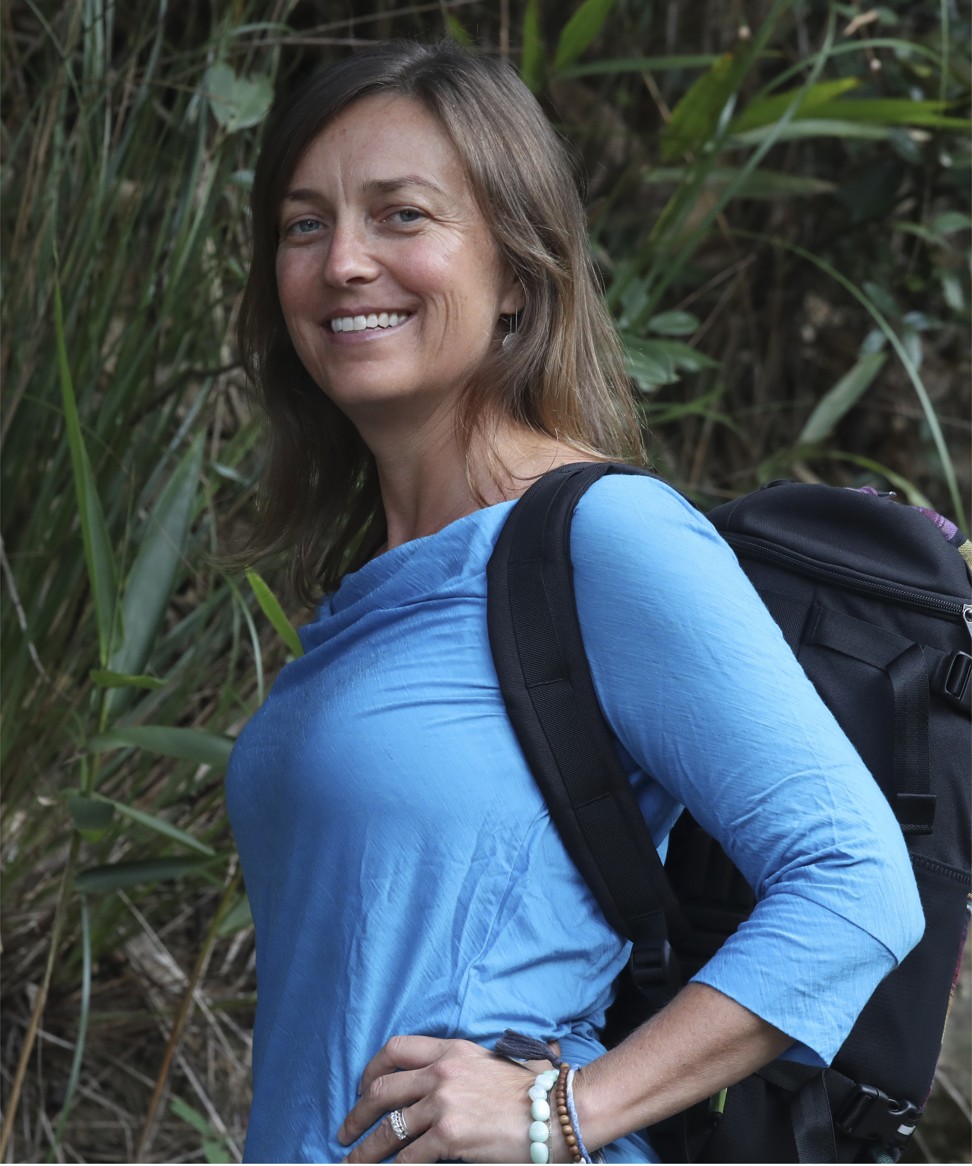
Eleven-year-old Samara Jain (a pseudonym) recently switched from a local to an international school to reduce the academic pressure. She uses breathing techniques to deal with “sadness attacks”.
“When I was younger, I fainted a few times at school. I’d feel all shaky and I’d forget to breathe. One time, I couldn’t go back to school for two weeks. Now I know to inhale to the count of four and exhale to the count of four, which slows everything down,” she says.
Kirtan, a form of Bhakti yoga, has also helped Jain manage her anxiety in stressful situations. While she feels despair on most school days, exams and presentations are her greatest source of angst, she says.
“If I get panicky during an exam, I stop working and hum ‘Sa Re Sa Sa’ to myself. I learned it at this cool workshop for girls. I don’t know what the words mean, but they help me relax. I think it would be good for all kids,” Jain says.
She discovered Kirtan at Rising Goddess – a biannual event created by natural healing therapies provider Pure Potential Worldwide to empower girls with creative tools to thrive in everyday life.
Kirtan mantras are written in Sanskrit. Its alphabet has a strong energetic and vibrational component, says Cristina Rodenbeck, wellness coach at Manipura Wellness Practice, who leads the Kirtan session at Rising Goddess and hosts a monthly Kirtan community in Central.
“Kirtan is a traditional form of sound healing, which helps to create a state of harmony and balance to the mind and body. By using rhythm and frequency we can reach different brainwaves so relaxation and meditative state take place. This can help students gain calmness, develop attention and focus, and also release emotional layers that are building up under anxiety,” she says.
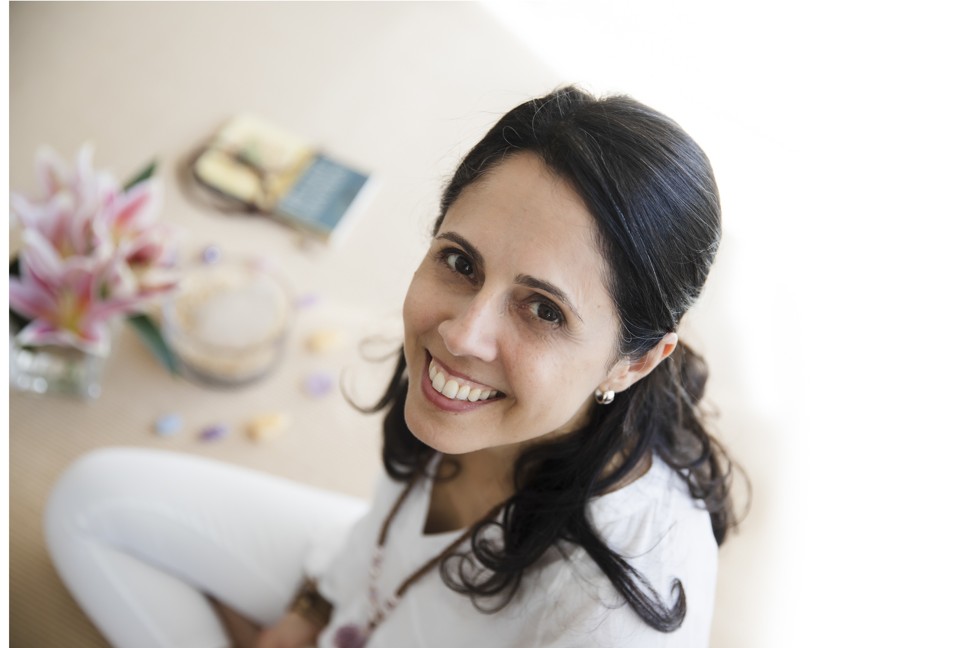
At the core of each programme designed to bolster students’ mental well-being is mindfulness – the ability to pay complete attention to the present moment. Mindfulness helps to develop greater self-awareness and self-regulation, says Angela Watkins, a counsellor at Red Door Counselling Hong Kong, where eight- to 10-week mindfulness courses are held once or twice a year.
Sometimes children are scared to talk about their anxiety to their parents for fear of being misunderstood or being called weak
Its practice teaches students to be more attuned to their thought processes and reactions in the present moment, rather than racing ahead in a negative thought cycle. Students learn to tune in and listen to their body – how it feels, where they feel tension, and how to release that tension in specific areas.
They also develop self-compassion while getting a much-needed break from digital devices, she says.
Earlier this month, Minal Mahtani, founder of non-profit group OCD and Anxiety Support HK, organised events to educate the public and eliminate misconceptions and stigma around mental illness.
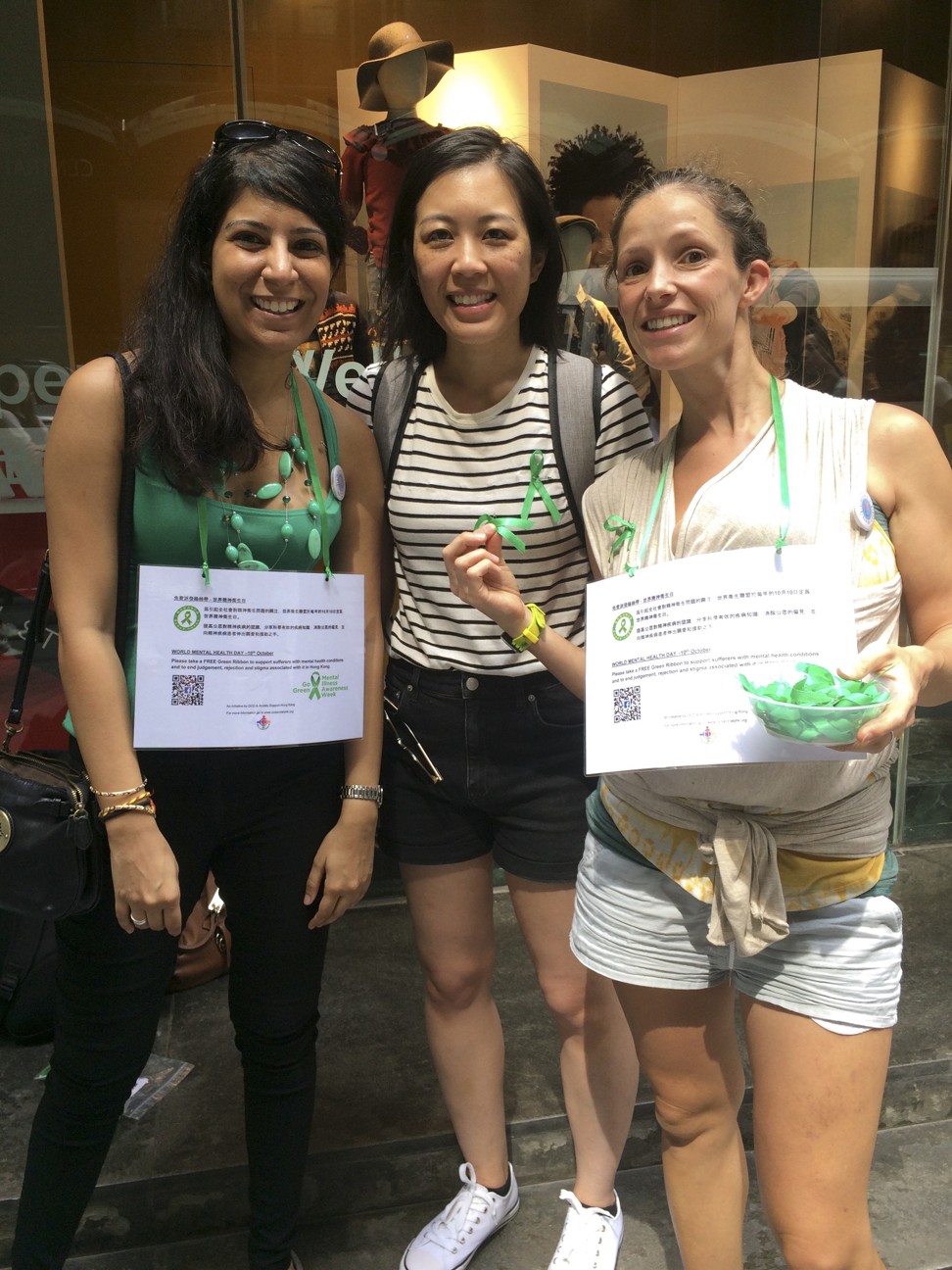
“Sometimes children are scared to talk about their anxiety to their parents for fear of being misunderstood or being called weak. Children need to know that it’s not abnormal to encounter anxiety and depressive thoughts,” says Mahtani, a former secondary school counsellor.
“These feelings are normal, but having the skills to cope with them is crucial to prevent a full-blown mental health disorder from developing. In fact, mindfulness and yoga should be part of the school’s curriculum as a lunchtime or after-school activity from early primary. This way, we can prepare children for some of the challenges they will face when they’re older.”